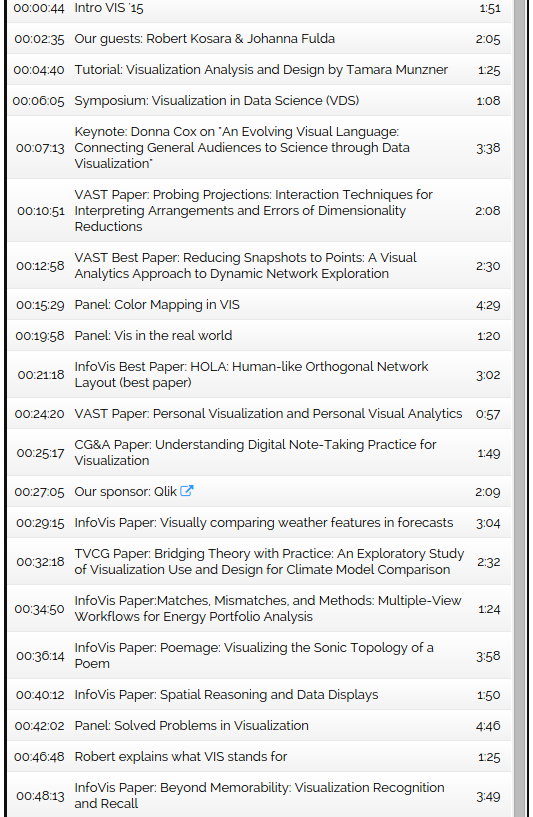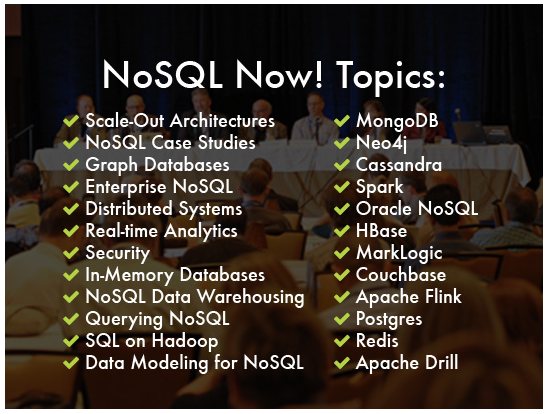Wrestling With Inclusion at LambdaConf by John A De Goes.
From the post:
Last year, StrangeLoop rescinded an invitation to a speaker because of the controversy that erupted (nay, exploded) when his talk was announced.
The controversy had nothing to do with the talk, which by all accounts was a great fit for the eclectic topics served up every year by the conference. Rather, the controversy surrounded the speaker’s political views, which were penned under a pseudonym years prior.
I learned about all this quite recently, and for a very unexpected reason: the same speaker submitted a talk to LambdaConf.
The gender- and person-anonymized talk was endorsed by the review committee, and made it all the way onto the schedule board before a volunteer brought the issue to our attention.
My immediate reaction could be described as a combination of shock and horror. No conference organizer ever wants to face a controversial hailstorm like this!
…
Far, far too long to read, unless you are interested in an example of public justification taken to its extreme.
Not that I disagree with the decision to include the speaker.
I do disagree that any speaker should be singled out for the sort of vetting that is described in John’s post.
All speakers should be accorded the presumption that they will obey local laws and not attempt to physically harm other conference attendees and will obey any code of conduct for the conference.
Absent evidence to the contrary. Evidence as reports, confirmed by news accounts and/or police reports of attacks at prior conferences or violation of other conference codes of conduct.
If a speaker endangers other attendees and/or violates conference rules of conduct, then don’t allow them to return. But don’t mimic the worse aspects of the developing police state in the United States and attempt to anticipate someone violating a norm of conduct.
Anticipatory regulation of possible future conduct is unfair to the person in question.
Not to mention being a distraction from advancing the subject of your conference.
As John’s post so ably demonstrates.
Imagine the useful articles, posts, code that could have been written with all that effort and strain.
Subject to documented prior arrests for violence against other attendees and/or violation of rules of conduct, modulo declarations to do the same, be inclusive.
What more need be said?
PS: Some people will disagree with that position but they can occupy their own digital space and time with un-responded to comments and diatribes. The right to speak does not imply an obligation to listen.

